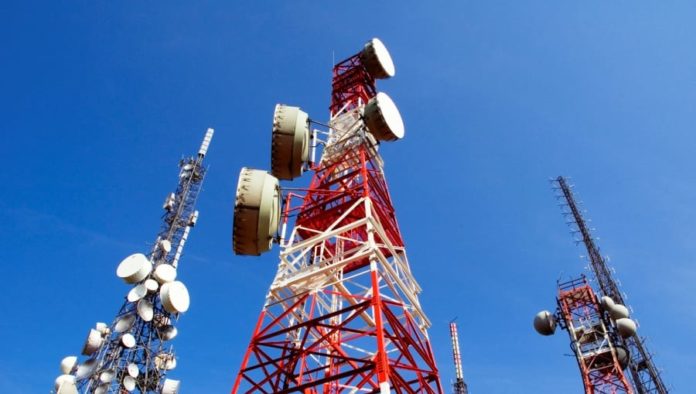The Pakistan teleco industry has witnessed a significant surge in earnings, with the Mobile Average Revenue Per User (ARPU) rising to Rs. 284 per month during July-December FY24, according to the Pakistan Economic Survey 2023-24. This remarkable increase is attributed to a combination of factors, including the expansion of broadband services, flexible pricing regulations, and the decline of the multi-SIM phenomenon. So, what’s behind this surge in telco earnings? Let’s dive deeper into the factors contributing to this remarkable growth.
1. Expanding Broadband Services
The expansion of broadband services has played a crucial role in the rise of ARPU. With the increasing demand for high-speed internet, telecom operators have invested heavily in upgrading their infrastructure to cater to this demand. This has led to a significant increase in data consumption, resulting in higher revenue for operators.

According to a report by the Pakistan Telecommunication Authority (PTA), the number of broadband subscribers in Pakistan has increased by 15% in the last quarter of 2023-24. This growth is expected to continue, driven by the increasing demand for high-speed internet and the expansion of broadband services.
2. Flexible Pricing Regulations
The flexible pricing regulations introduced by the PTA have also contributed to the rise in ARPU. The regulations allow telecom operators to offer customized pricing plans to their customers, enabling them to cater to different segments of the market.
This flexibility has enabled operators to offer more competitive pricing plans, attracting more customers and increasing revenue. For instance, operators can now offer tiered pricing plans, allowing customers to choose the plan that best suits their needs.
3. Decline of Multi-Sim Phenomenon
The decline of the multi-SIM phenomenon has also played a significant role in the rise of ARPU. In the past, many customers used to have multiple SIM cards to take advantage of different pricing plans and offers. However, with the introduction of flexible pricing regulations, customers are now opting for a single SIM card with a customized plan that meets their needs.
This decline in the multi-SIM phenomenon has resulted in a significant increase in ARPU, as customers are now willing to pay a premium for a single SIM card with a customized plan.
What Does This Mean For The Industry?

The rise in ARPU has significant implications for the telecom industry in Pakistan. With increased telco earnings, operators are now better equipped to invest in their infrastructure, upgrade their services, and offer more competitive pricing plans. This growth is also expected to attract more investment in the sector, driving innovation and competition. As a result, customers can expect to enjoy better services, more competitive pricing plans, and a wider range of options.
The rise in ARPU is a significant development for the telecom industry in Pakistan. As the industry continues to evolve, it’s essential for operators to stay focused on providing high-quality services, investing in their infrastructure, and offering competitive pricing plans.










































